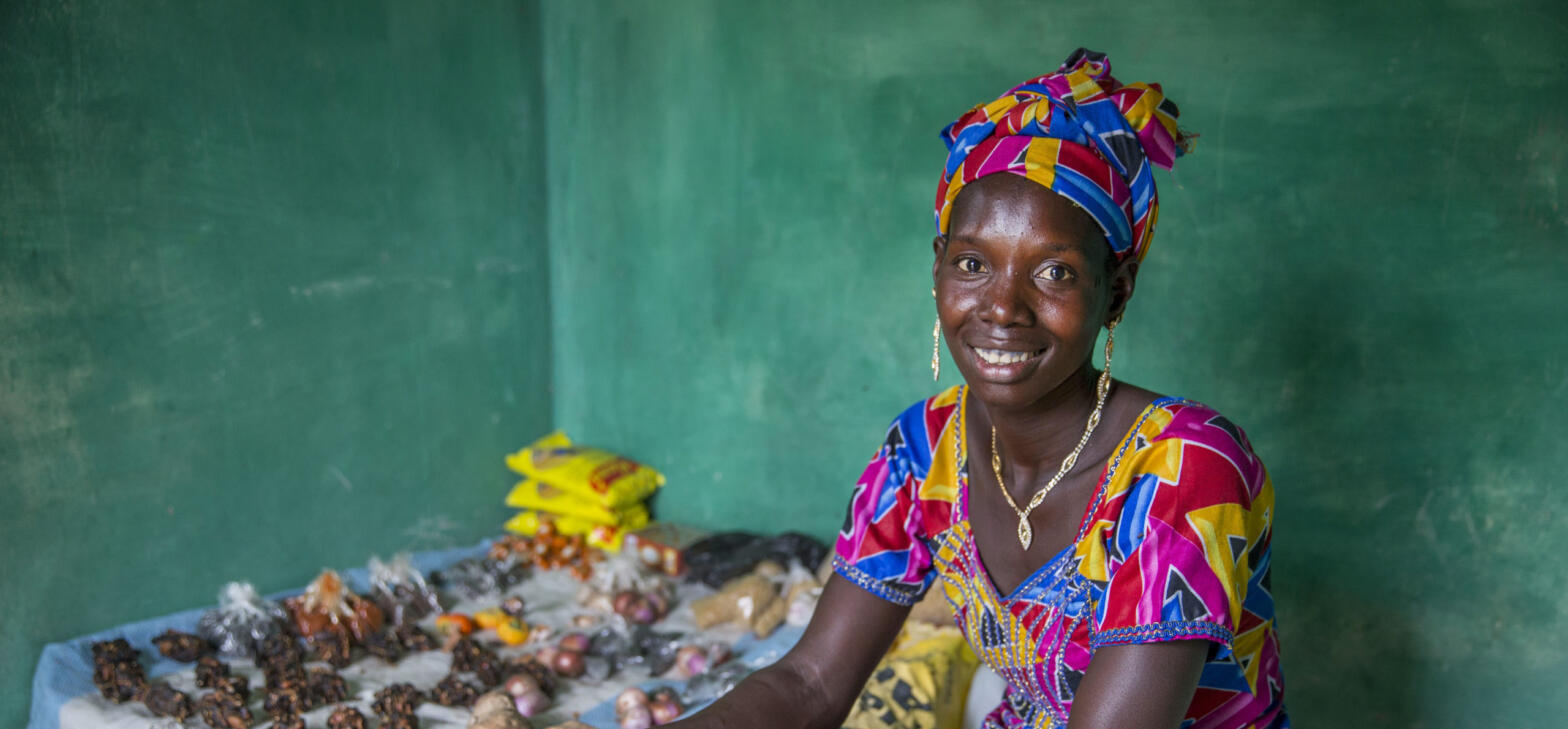Onyinye Ijeh
The Ouagadougou Partnership (OP) is made up of nine francophone West African countries working together to advance family planning.
Founded in 2011, the OP has been a key ally to FP2030 in galvanizing the movement in the region and mobilizing community support for family planning. The OP came together at a crucial and necessary moment to champion country leadership. Today, the OP region has one of the fastest increases in modern contraceptive rates among low- and lower-middle-income countries.
We spoke with Marie Ba, Director of the Ouagadougou Partnership Coordinating Unit (OPCU), who shared her perspectives on the power of the OP partnership, its collaboration with FP2030 and the importance of integrating Emergency Preparedness and Resilience into its strategy:
“When we talk about the collaboration with FP2030 and the OP, our partnership and the work we are doing is about strengthening countries’ leadership in terms of family planning and making it an issue that is less taboo. I remember when I first started it was taboo to bring up family planning, it was about birth spacing. The part that I am proudest of is the countries’ leadership and the types of conversations that can be had. Really being able to champion family planning and SRHR. Bringing even more awareness and stronger leadership.”
FP2030 has collaborated with the OP since 2012 (previously as FP2020) providing support in the nine countries that make up the partnership. Against the background of the high conflict and climate-change related risks in the region, FP2030 provided technical guidance and support on Emergency Preparedness and Resilience (EPR) to OP member countries. In 2021, FP2030 closely collaborated with the Ouagadougou Partnership to prepare their annual meeting, “Family planning in the context of humanitarian crisis: preparedness, response, resilience.”
FP2030 participated in a regional preparation workshop to share experiences on how to mitigate the impact of crises on SRH/FP Programs, provided insights on how to start working on preparedness and encouraged the OP countries to include EPR in their commitments. FP2030 also provided capacity building sessions for the Coordination Unit focusing on Emergency Preparedness and Response by sharing resources (most recently in 2023), elaborating on what is at stake and finding ways to further support. The OP has integrated EPR as a central part its new strategy and most OP countries (seven out of nine) have strategically integrated EPR into their commitments.
Family planning has been recognized as life-saving services and the OP wants to make sure that family planning services are provided and secured at any times, including in conflict settings as part of essential basic health services.
“We wanted to work with FP2030 because you have expertise in this area. [EPR] is central. If we want to talk about quality family planning services for all, you have to include the internally displaced people and refugees as well.”
